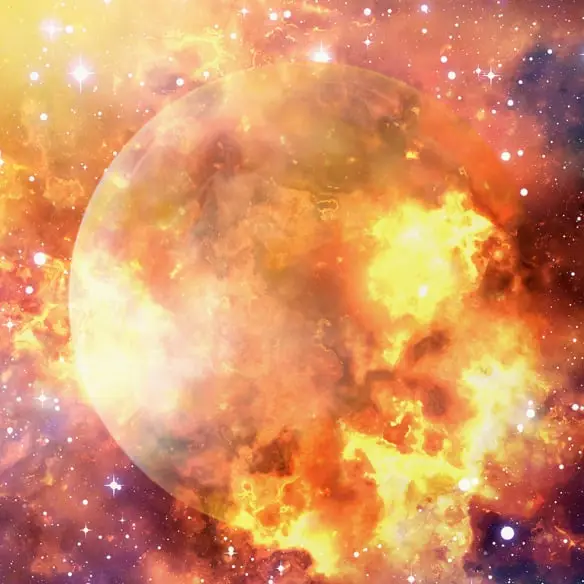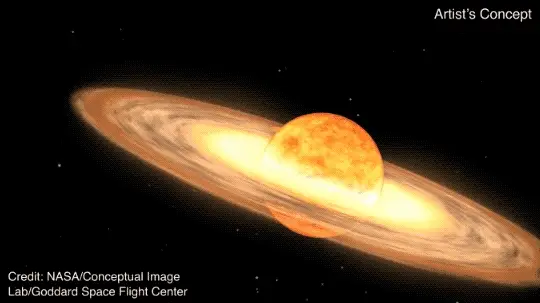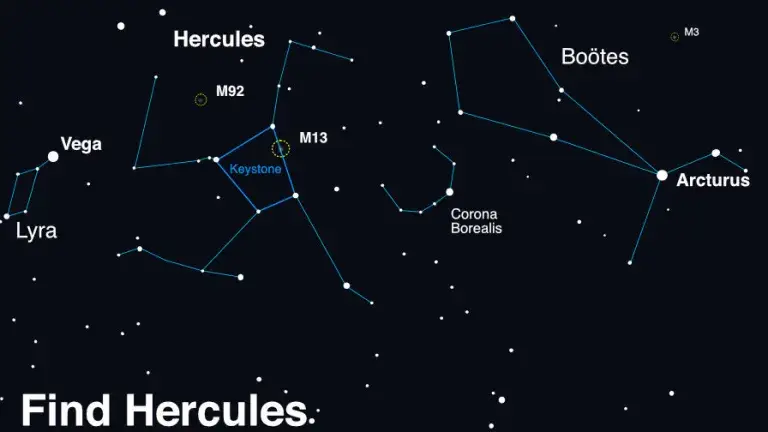
NASA has announced that people will get the chance to see a truly rare sight this year, hot on the heels of that stunning total solar eclipse.
The eclipse has probably ignited some new passions across the US, Canada and Mexico after wowing tens of millions of observers in the path of totality, and they'll be able to get another, admittedly less dramatic fix this year.
The rare sight is a "nova explosion", the explosive release of heat in a thermonuclear reaction on a star that has this happen every so often, called T Coronae Borealis.

Advert
This white dwarf star is in very close proximity to a red giant star, and that closeness is key.
It means that as mass leaves the red giant (which is a natural part of its life cycle) it collects in the white dwarf, which is much smaller.
Eventually, the white dwarf heats up to the point where it causes a thermonuclear reaction which explodes in light and heat, and it's this explosion which should be visible on Earth this year.
The phenomenon only happens once every 80 years or so, making this likely to be many people's only chance to see it, and it'll ensure that T Coronae Borealis will jump from being so faint in the sky that it's invisible to the naked eye, right up to the point where it's as bright as the North Star.
This should make it really easy to pick out if you know where to look - which is right in the middle of the Hercules constellation, which is also called Corona Borealis, or the Northern Crown.
The star will appear here, and you should be able to use stargazing apps to help you pick it out exactly, with its newfound brightness helping.

That explosive brightness will last for around a week, apparently, but we don't know exactly when it will happen - although it's expected and forecast to explode before September 2024, so in the next six months or so.
While that week will be the period when you can see it with the naked eye, those with some decent binoculars or a telescope will be able to find it easily for a longer period of weeks, apparently.
When you read the words "nova explosion" it might call to mind a more famous term - supernova.
The two are quite different, though, with a nova explosion as we've described it taking place in a binary star system and being potentially far from lethal to the star in question.
By contrast, a supernova explosion is the death of a star, and while it can be caused by the same reasons (the accrual of mass), it requires a lot more mass to reach the critical point of no return.
Alternatively, it can also happen as a star collapses due to a lack of energy at the end of its life cycle.
